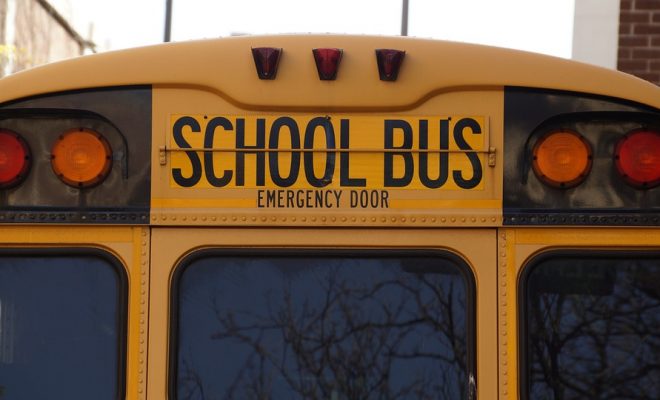Great Educational Administrators Hold People Accountable

Accepting responsibility for both positive and negative outcomes is what accountability requires. It entails taking responsibility for one’s actions, despite the consequences. Taking responsibility entails holding people accountable, even if keeping silent means no one will ever know. Accountability is not just admitting responsibility but also sustaining your integrity.
Playing the Blame Game is a Waste of Time
Being a good leader is avoiding blaming people or circumstances beyond your control. You take it in stride and accept that you are only human and that mistakes are expected. You strive hard to set things right after accepting responsibility, but you move on if that isn’t feasible. You also take preventative measures to guarantee that it does not recur.
You are a victim until you take responsibility for your actions. Furthermore, being a victim is the complete antithesis of being a leader in education. Being a victim means putting your career in others’ hands and weakening yourself. Higher-ups aren’t promoted or elevated by leaders who can’t take responsibility for their actions. They seek to develop upbeat leaders who are aware of the factors beyond their control and those in their control.
If you want to attain your full leadership potential, you must embrace your ability to affect the result of a wide range of events. Great educational leaders make an effort to change the result and hold themselves responsible for the outcomes.
Finally, Some Thoughts
So, the next time you’re inclined to criticize external forces or entities for a project’s failure or a roadblock in your way, consider that a good leader accepts responsibility for one’s actions and the conduct of those on their team. Extreme ownership might be unpleasant and unjust, but in the end, it’s the head that lays the crown that counts. If you can’t cope with reality, you’re in the wrong line of work.






